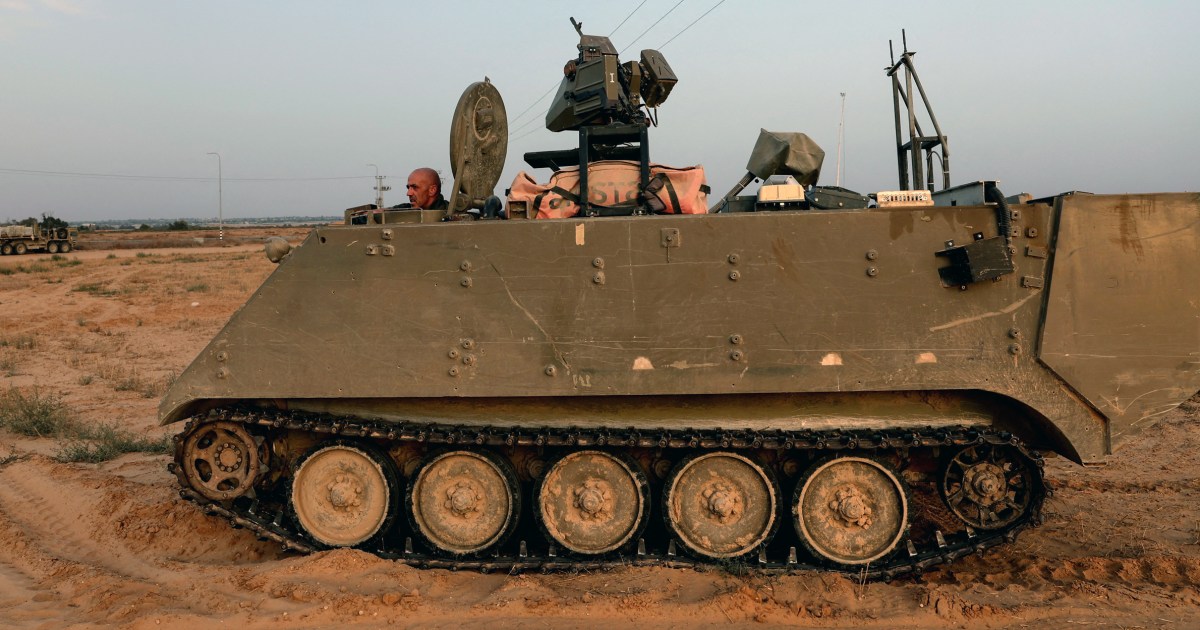
In recent days, Israeli forces have taken control of key points in the Gaza Strip, including the Rafah crossing. This move has caused uncertainty and concern for both Palestinians and international organizations. According to reports, Israeli troops took over the Rafah crossing two weeks ago, which was previously controlled by Hamas. The Palestinian militant group had been collecting taxes on goods passing through the border point before its takeover by Israel.
The closure of Rafah crossing has worsened an already dire humanitarian situation in Gaza. With repeated warnings of a looming famine, at least 2.4 million Palestinians are facing a critical shortage of food and aid. Egypt has refused to reopen its side of the crossing as long as Israeli troops control the Palestinian side, leaving one of the only points for aid delivery inaccessible.
The impasse has resulted in widespread condemnation from international organizations and humanitarian agencies. The United Nations Under-Secretary General for Humanitarian Affairs and Emergency Relief Coordinator, Martin Griffiths, issued an apocalyptic warning over the potential consequences of the aid shortages in Gaza.
Meanwhile, Israeli forces have continued their military operations in northern Gaza Strip districts. Troops and tanks pushed into new areas on Saturday, resulting in clashes with armed groups and civilian casualties. At least 35,000 Palestinians have been killed since the conflict began on October 7.
Despite these developments, Israeli authorities have announced the recovery of several hostages whose repatriation was previously announced. The bodies of Ron Binyamin and others were reportedly found during military operations in Gaza.
The situation in Gaza remains volatile, with ongoing clashes between Israeli forces and Palestinian militants. The humanitarian crisis continues to escalate, leaving many wondering what the future holds for the people of Gaza.


